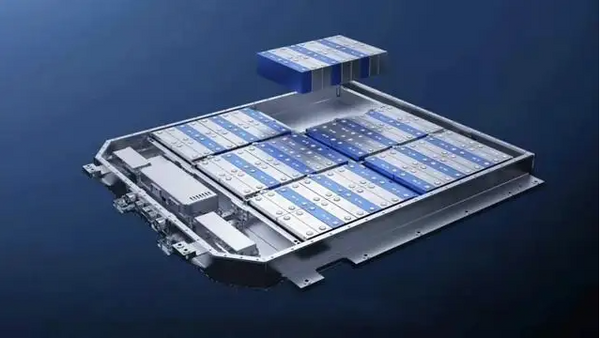An obvious change is that, under the needs of large-scale expansion of production capacity and improvement of product performance, the original production process and equipment performance can no longer meet the requirements of intelligent manufacturing upgrade of power batteries.

Under this circumstance, equipment companies are iteratively upgrading production equipment including pulping, coating, winding, welding, liquid injection, chemical formation, etc., to help battery companies increase production capacity and reduce manufacturing costs.
It is worth noting that, in addition to the iterative upgrading of lithium battery production equipment technology, the large-scale production of power batteries also puts forward higher requirements for the safety inspection of each process section.
On the one hand, the large-scale expansion of power battery production capacity will further increase the demand for testing equipment. It is expected that the market for machine vision equipment in the lithium battery field will maintain a high growth trend in the next few years.
On the other hand, in order to further enhance market competitiveness, more and more equipment companies are moving from single-machine equipment to segmented or whole-line integration, and machine vision manufacturers have also begun to create full-line visual inspection solutions.
On the whole, the intelligent manufacturing of power batteries requires a comprehensive upgrade of the core processes of lithium battery manufacturing. Higher precision, higher efficiency, higher reliability, and higher intelligence have become the core demands of battery companies for lithium battery equipment.

